We were fairly bowled over when we opened this submission from Thomas Maxwell, a photojournalism student at Southampton Solent University. The project itself is not only an emotional 1 -2 punch with universal themes but also explores those sometimes gray ethical areas one must navigate when deciding to document their own family. Thomas really explained it all best in his initial description of the project,
“My Grandmother is in the later stages of Alzheimer’s, and my Grandfather is in the late stages of Parkinson’s. For me, this project offers more than photographs, and is my own therapy for dealing with the situation. The project covers not just images taken by myself, but also physical objects owned by my grandparents with an emotion link, as well as old family photographs to create a realistic, and emotional insight into dealing with Alzheimer’s and Parkinson’s. The project questions the extend of privacy for a photographer, and a new approach of hidden meanings, by using a personal understanding to give further meaning to the image, often using memories as the captions. The images taken support a balance between life and death, the peace in between of a progressive disease, which many believe destroys who you are as a person, but still being alive, and together combines the two diseases with multiple techniques as a tribute to my own family on a personal level, but also to raise awareness of these inner diseases, and to question traditional photographical understanding.”
Below is a bit more information from Thomas about this project and his process. You can see more of Thomas’s work on his Facebook page. And if you would like a little more information on either Alzheimer’s or Parkinson’s we encourage you to visit the following websites:
Alzheimer’s Association
Parkinson’s Disease Foundation
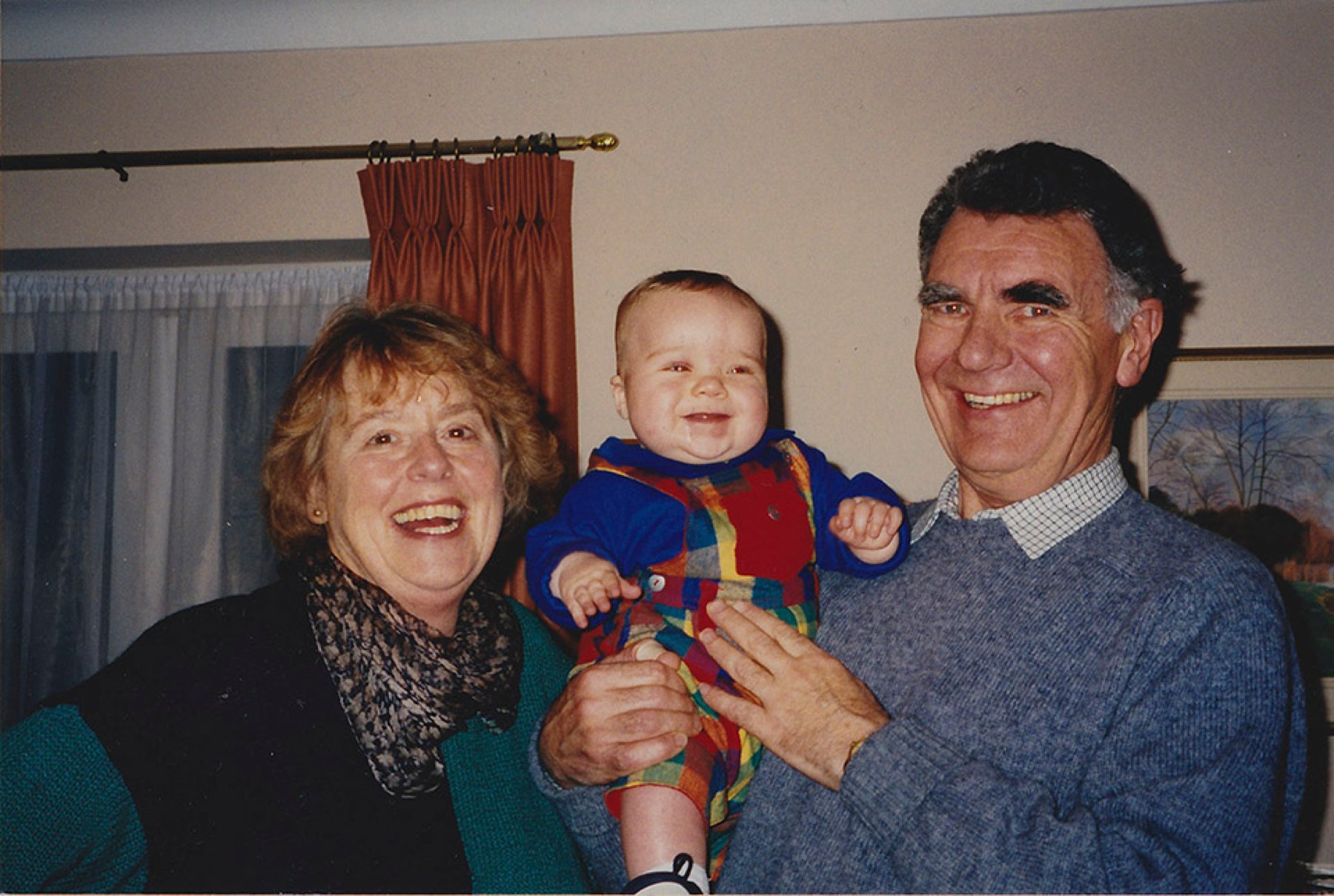
What, if any, do you see as your final vision for this project? Is it something you’d want to compile into a book with more text and context or something you’d rather have displayed in a gallery where it can be a bit more open to interpretation from viewers?
I think if I had the opportunity I would compile the project into a book. One thing I have always kept In mind is that this project works on a personal and emotion scale. My personal opinion is if it was going to be a book, I would display it as more of a journal/memoirs as well as a photobook, including not just photographs of my grandparents but postcards, day out trips, old images, things that help strike an emotion for people. The book itself would be a journey from pre-diagnosis to the very end, and that’s something I would strike up in an exhibition as well. I was shown at college the famous American Photographer William Christenberry’s exhibition ‘Calendar Wall’, in which Christenberry would display months from his father’s annual calendar to show his father’s physical and mental decline. I think that the exhibition should include all aspects of the project, not just images on a wall as many after exhibitions do.
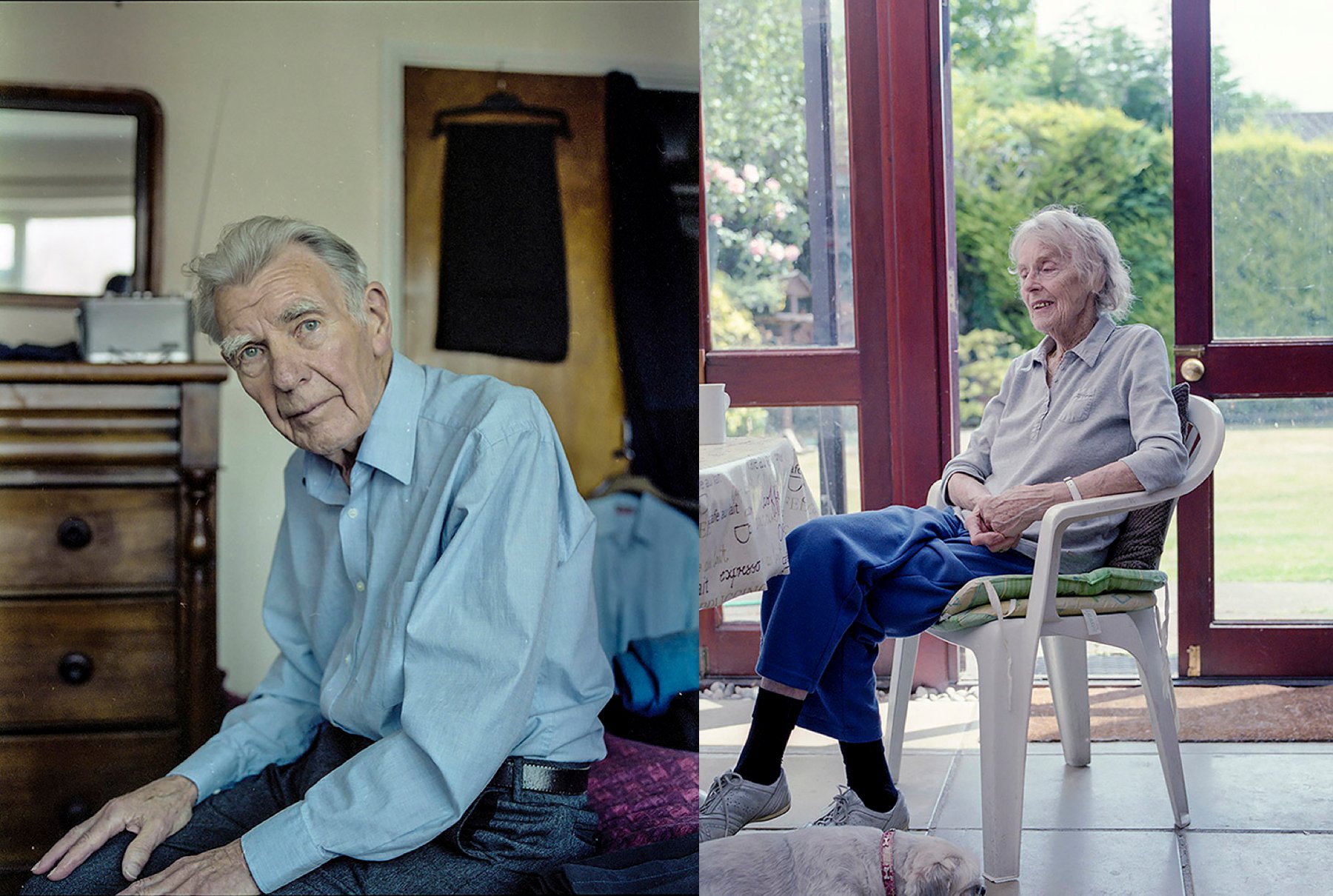
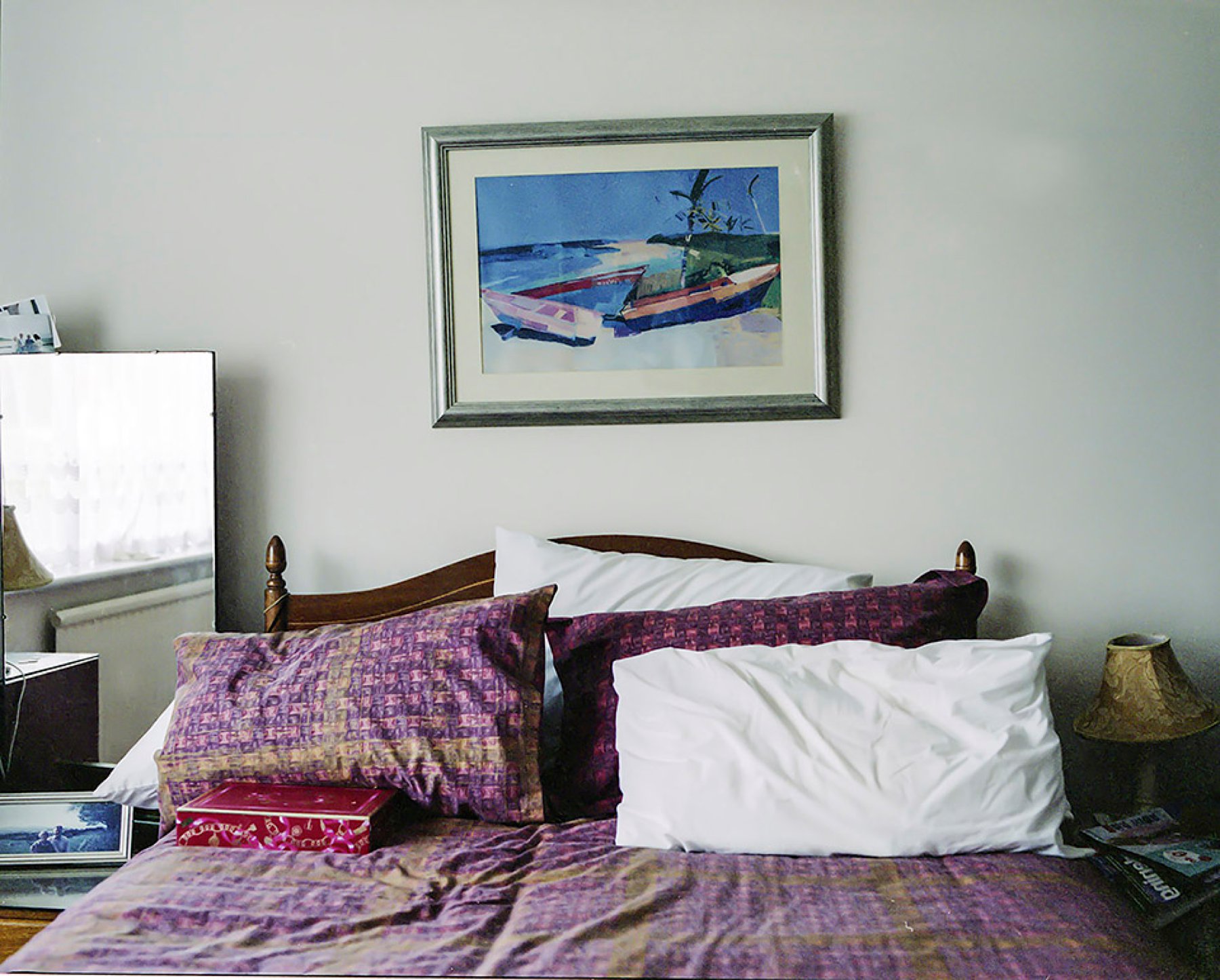
Tell me a bit about your decision to shoot this project on film. Have you found that element of this project particularly challenging with regard to sticking with a single film stock but shooting in a variety of lighting situations?
Well actually when I first started the concept of the project, I shot digital! I had to do a short project for an assignment for my first year of college back in 2014. I took around 10 images for it and handed it in. At the beginning of 2015 I was introduced to medium format and instantly fell in love with the detail of the images I was taking just around of random images. With an assignment coming up on alternative photography, I looked at the re-emergence of analogue photography, and after speaking to my lecturers, I went back and photographed my Grandparents with the Mamiya RB67 and that’s how the project started. It was difficult for me to begin with to adapt to the medium format camera instead of my DSLR. I started this project at the same time that I started to use analogue photography, and over time I started to learn more about being patient with my images (medium format being 10 images per roll usually), and I am fortunate in the fact that my Grandparents house has very open rooms with large windows, so I was able to adapt to the different lighting techniques. However I had always struggled to photograph in the evening at the house, and would often find images highly underexposed. But that’s when I came across the work of Paul Graham’s American Nights, where he uses exposure to show racial segregation in America, and it got me to start experimenting with using the under-exposed images to symbolise, in this scenario, memory loss within Alzheimer’s, the idea of a person fading from memory.
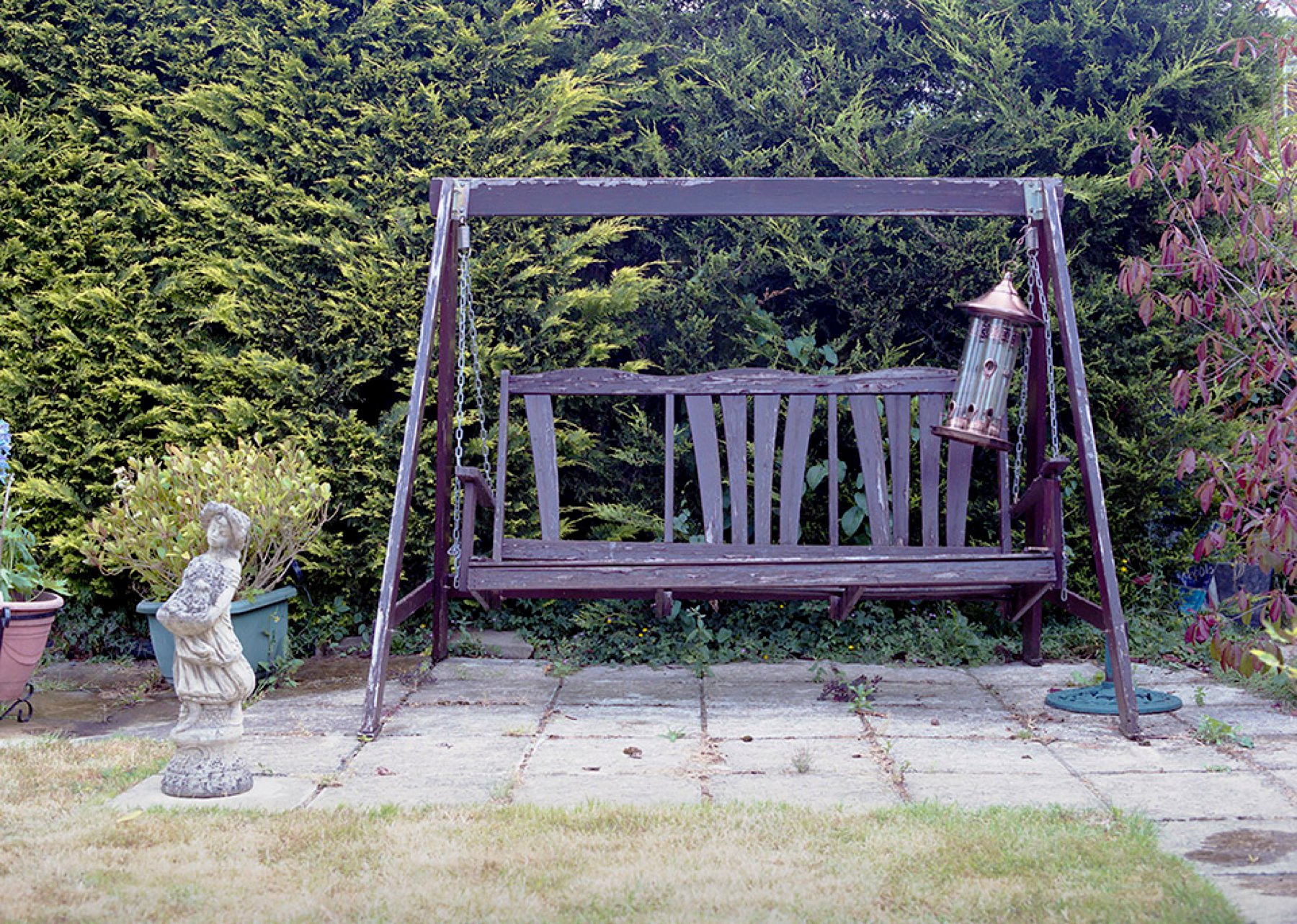
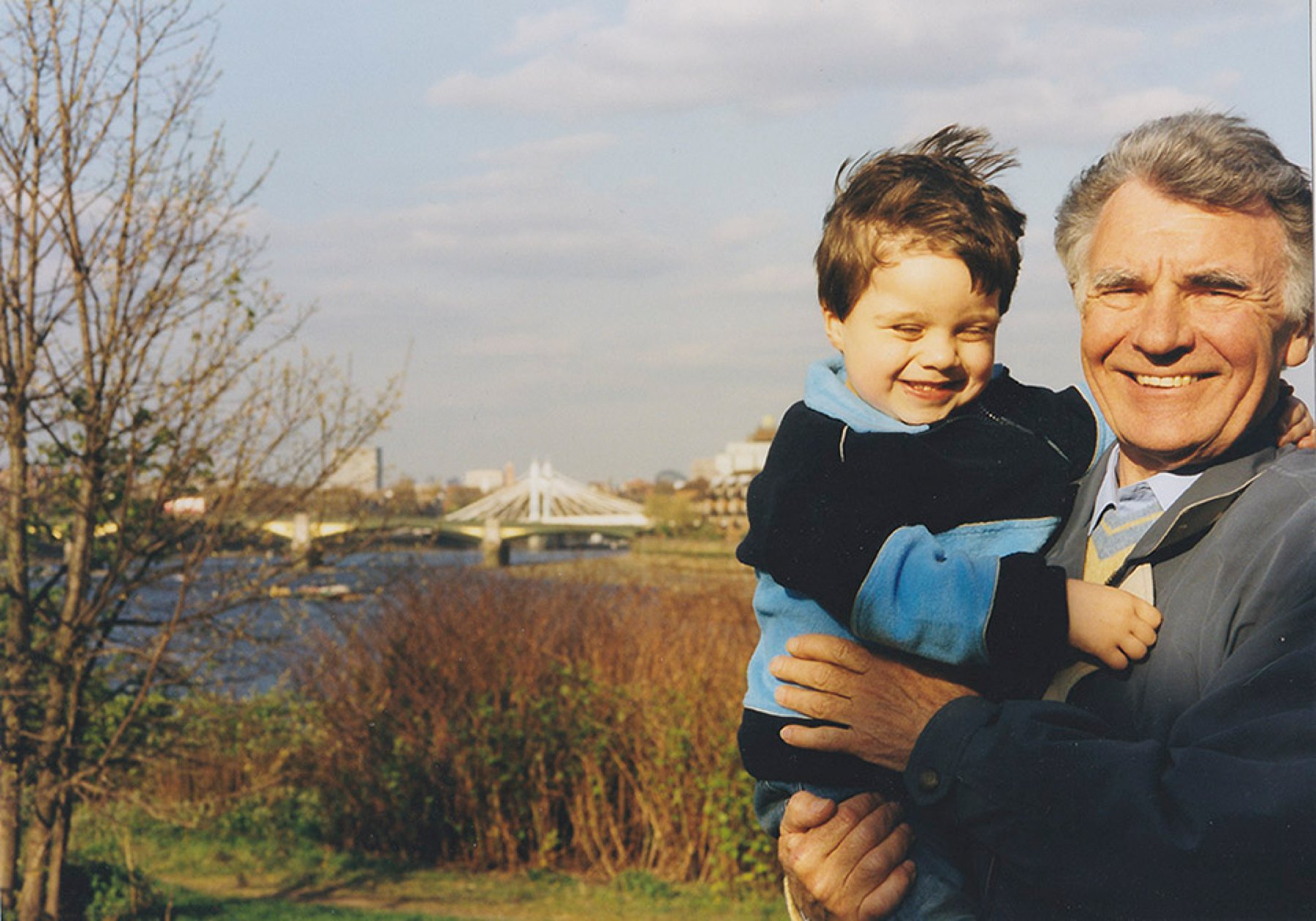
These images provoke feeling in the viewer who is an outsider. For you it must be a very emotional journey, do you find yourself selecting images based on emotion or on technical merit? Or is it a combination of the two?
As a photographer, you always want to show off your best shots, like any other profession in terms of ability. There is that aspect of my process in which I compare certain images in terms of technical ability, aperture, motion blur and composition to name a few. But on the other hand, for me this project is still a personal journey. As a student, I am still learning new skills within photography, and developing myself with my work. I uphold that a lot of these images are powerful not necessarily because of their technical ability maybe, but the stories behind them. I was taught very early on in my college course that a ‘good’ image is not always one that is aesthetically pleasing to the eye. I guess, that over time I have come to appreciate the story aspect of photography, particularly in this project which is full of them. So in terms of selection, I guess it’s a combination of the two.
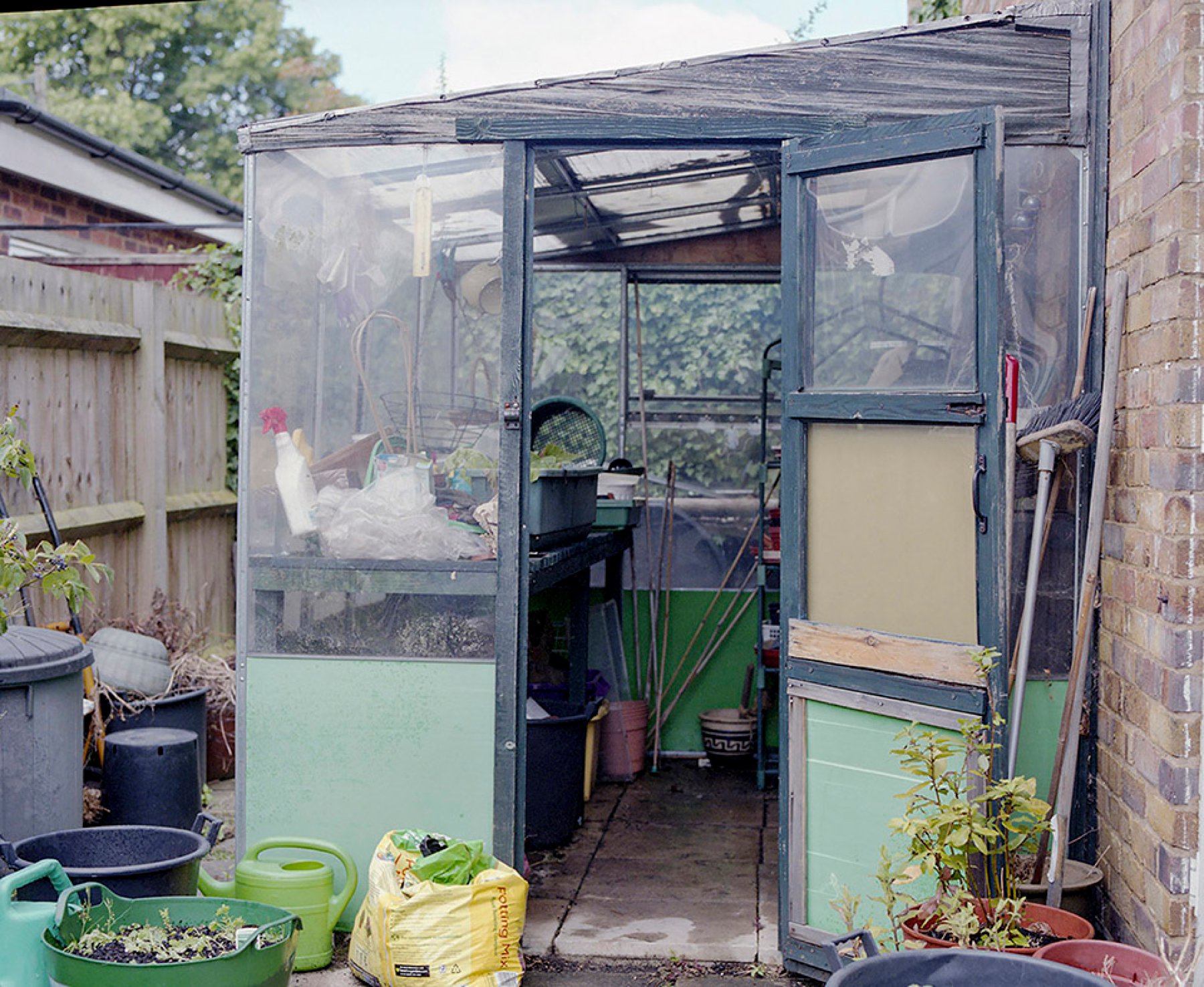
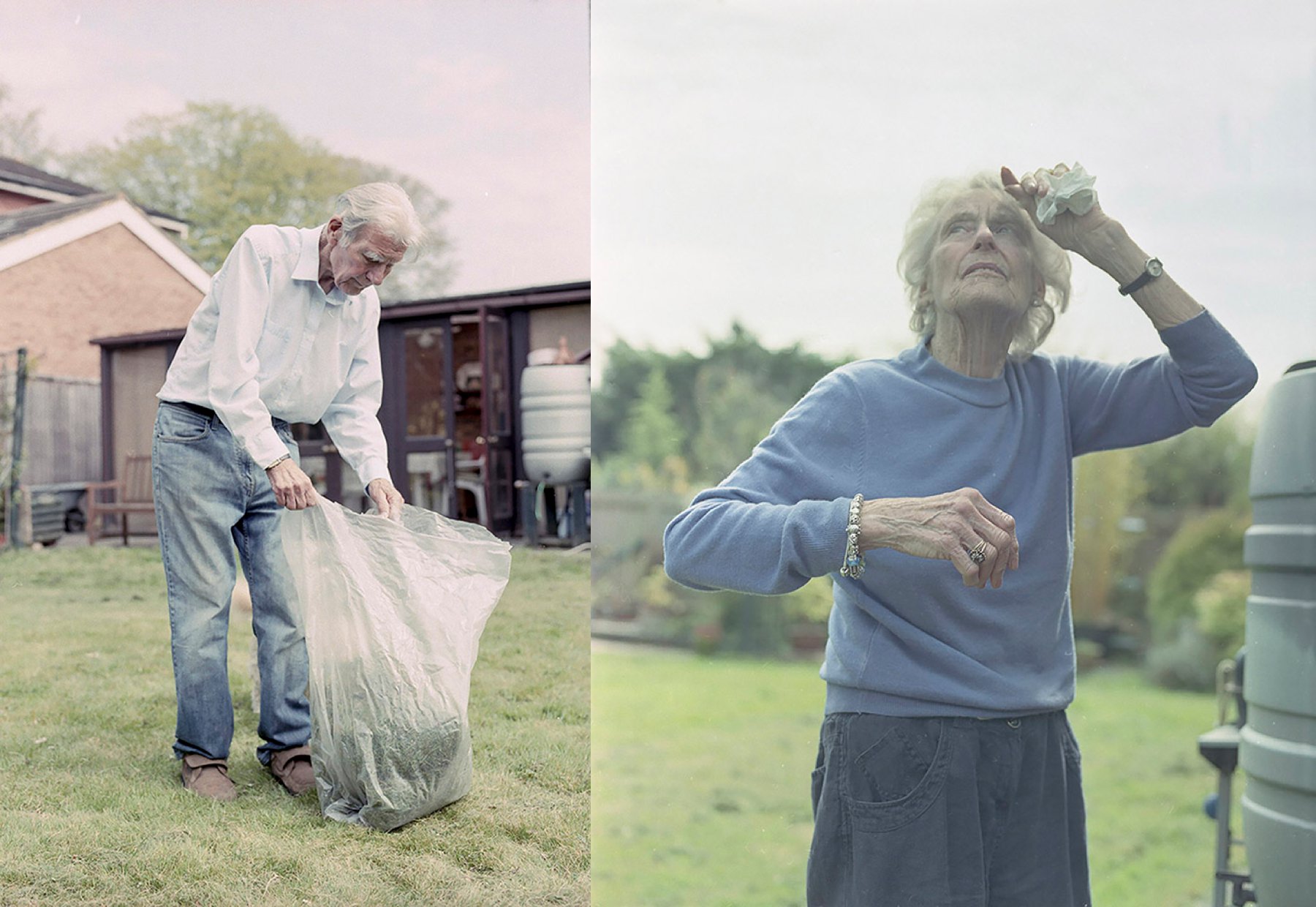
How does the therapeutic aspect of the process, or the honouring of your grandparent’s story guide how and what you choose to document?
One of the things I first noticed after my Grandparents were diagnosed with their illnesses, was the changed they’d face in their daily lives. My Grandfather being a fan of the outdoors, but struggling with the movement problems with Parkinson’s, and my Grandmother being a great cook and an avid gardener, but her memory issues that come with Alzheimer’s have stopped her from doing that. I guess that aspect helps direct me in what to photograph, but I think its all about finding a balance with what I document. I don’t want it to be too horrible to show hopelessness, so photograph things they can do, like my Grandma playing tennis, as one example. But I also didn’t want it to be too happy, I still wanted to show that reality they live in in which their lives have changed a significant amount. When I photograph them, I still have respect for what they want. As a photographer, the big question that comes up with projects like this is the wider ethical question of ‘what you can photograph and what you can’t’ and I guess being close with my Grandparents I have learnt to find that balance, especially has they start to decline over time.
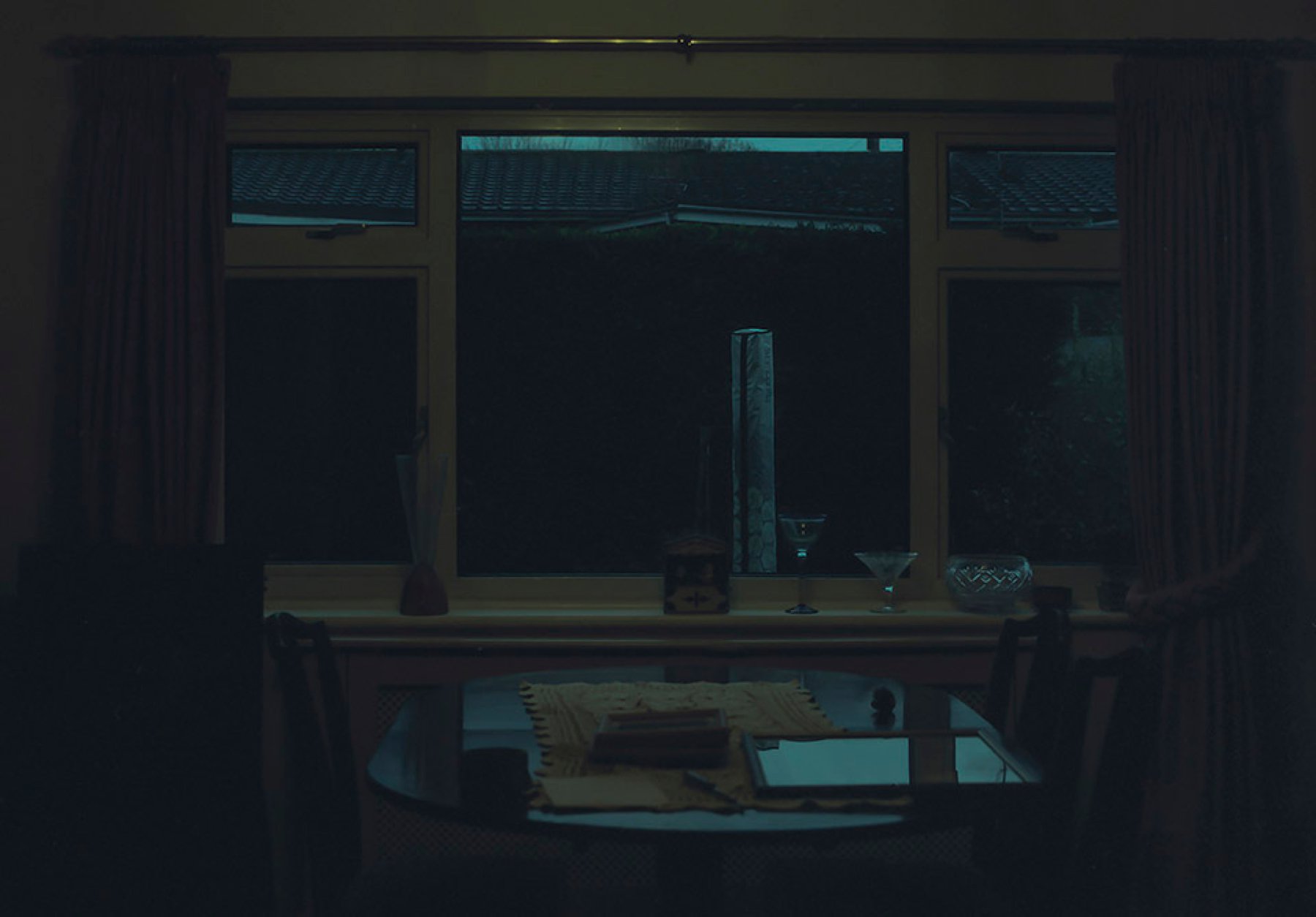
Did you consult with other members of your family (mum and dad etc….) before starting this project to gain their approval and are they involved in any way?
From the beginning I did understand it was going to be an emotional time for the family, especially my parents. With any photographs I took, I always asked permission from my parents, or at least let them know in advance when I was going to go to my grandparent’s house to photograph. My family have always been supportive of the project, it’s a chance to promote Alzheimer’s and Parkinson’s, to show people what can happen and hopefully improve people’s understandings as well as push for treatments. I include my family in some aspects of the project, for example for an assignment for university, I created a short documentary piece in which my siblings spoke about their first experiences of my grandparents, happiest memory and what they know of the diseases.
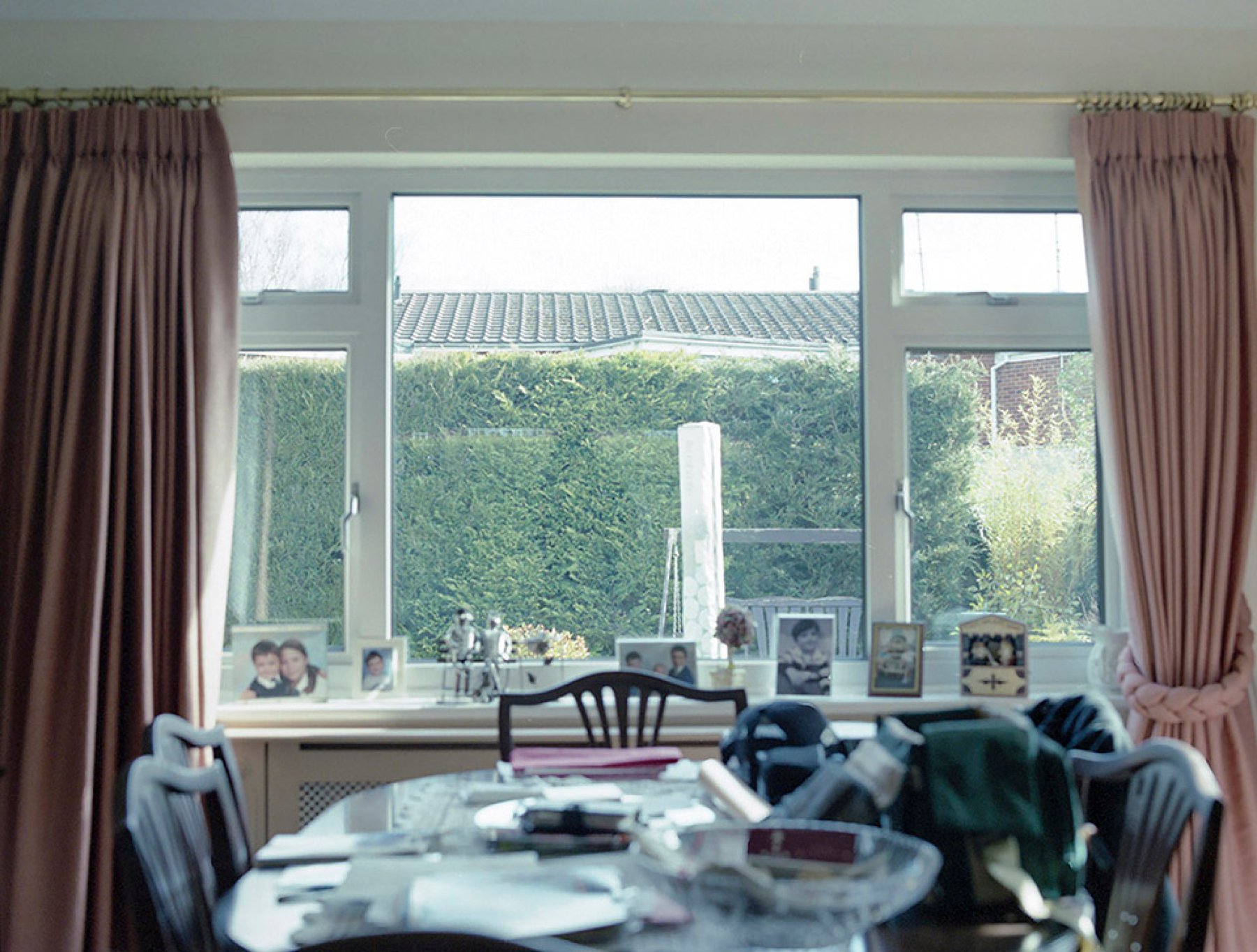
How has your personal experience with this project affected your studies in photojournalism or changed your perspective on what you have learned so far? How has this process changed you?
The major thing I guess that I have learnt since this project started was the appreciation for the story behind an image. A lot of the work I had seen before I started this project were of images, where the story was clear in the images, either the subject in the image or objects in the image have a link with the project title or brief description. Through researching the project, looking at photographers like William Christenberry and by taking my own photographs, I have since realised that sometimes the beauty of the image can be found by hidden messages within the photographs. Images like the one of the dining room with the window in the background has hidden meanings, the hedge symbolising isolation from the wider world, and the out-of-focused pictures on the window sill symbolise the slow decline, with the loss of memory of loved ones. I have also learnt that capturing the image doesn’t always need to be with an expensive camera. For much of the work, I have been photographing on a Mamiya RB67, a big medium format camera with high detail in every image. However as my Grandmother for example doesn’t remember me anymore, getting such a big camera in and photographing her with it would just cause distress and chaos, trust me, I have tried. I have now started to use my phone a lot more, me, being a 20 year old student, I am always on my phone, and despite her loss of memory, it is a common sight. This way, I was still able to take images and still be candid, so I think I have learnt that as a photographer, you should be able to adapt to changes, in this case, a change in equipment.
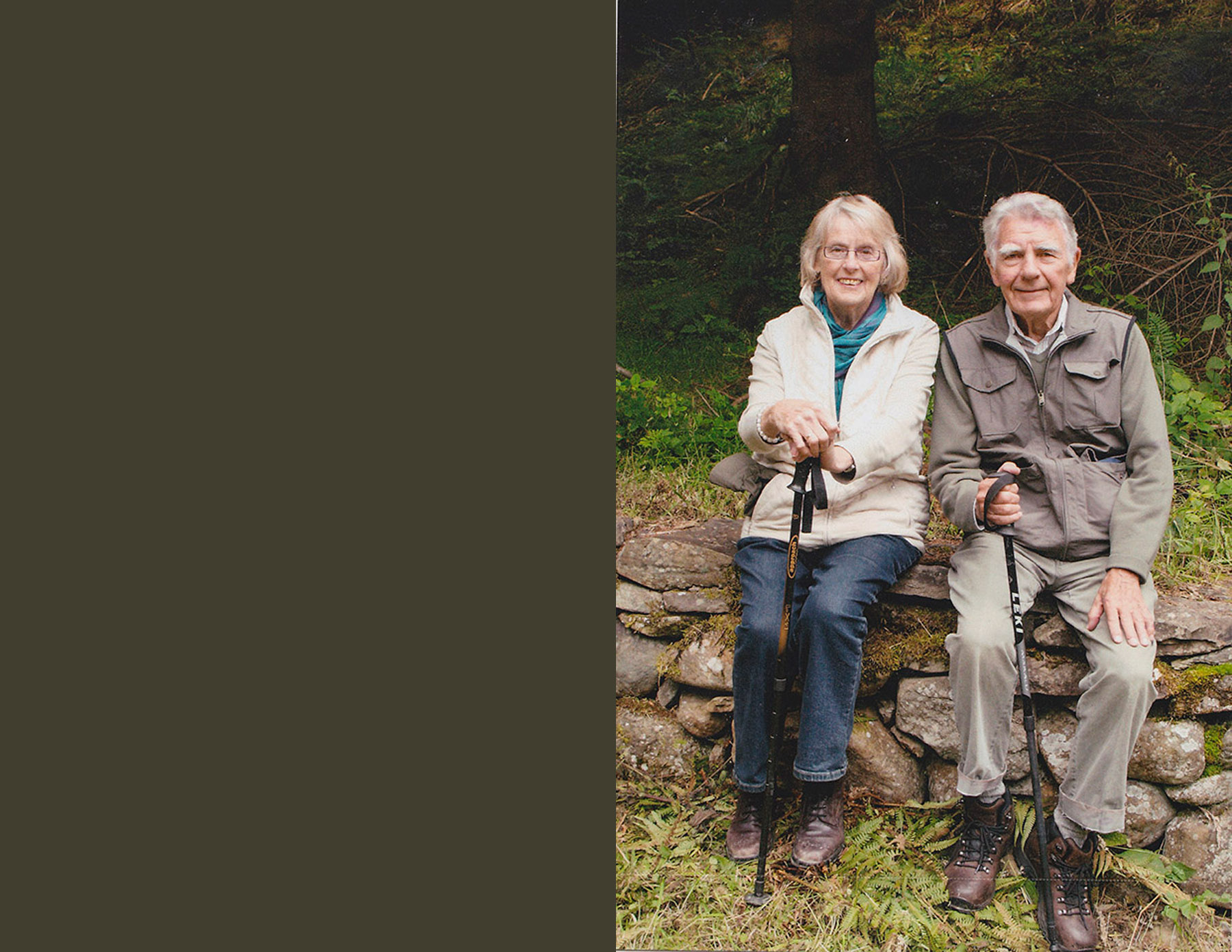
To learn how to apply to be featured please visit our SUBMISSIONS page!